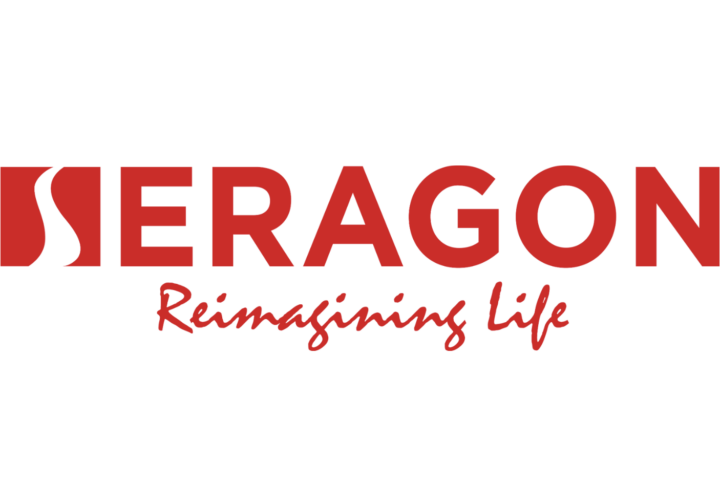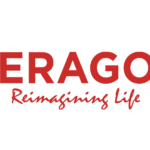In a groundbreaking move, the United States Food and Drug Administration has recently given its nod to two pioneering cell-based gene therapies, Casgevy and Lyfgenia, marking a significant leap forward in the battle against sickle cell disease (SCD) for individuals aged 12 and above. Notably, Casgevy is the first ever to employ a revolutionary genome editing technique, CRISPR, thereby heralding a new era in gene therapeutic interventions.
CRISPR Works like Molecular Surgery
CRISPR is a sophisticated genome-editing technology that allows for precise gene editing within organisms. It operates by utilizing a guide sequence to hone in on the gene in question, then uses an enzyme to form a precise cut in the DNA sequence. This enables the addition, deletion, or replacement of DNA at the targeted site, facilitating precise genetic modifications for research, therapeutic, or agricultural purposes.
Sickle Cell Disease Arises From Our Genes
Sickle cell disease (SCD), an inherited constellation of blood disorders, casts a shadow over approximately 100,000 Americans. Predominantly afflicting African Americans, it also extends its reach to Hispanic Americans albeit to a lesser degree. At the heart of SCD lies a genetic aberration in hemoglobin—the oxygen-transporting protein within red blood cells. This mutation bestows upon the red blood cells a peculiar crescent or “sickle” shape, impeding blood flow and oxygen delivery to tissues, precipitating severe pain and organ damage through vaso-occlusive events (VOEs) or crises (VOCs), and setting the stage for potential disabilities and premature mortality.
“Confronting a disease as rare, debilitating, and mortal as sickle cell disease, where the cry for effective treatments goes largely unheeded, today’s approval of two cell-based gene therapies marks a moment of hope,” articulated Nicole Verdun, M.D., director of the Office of Therapeutic Products at the FDA’s Center for Biologics Evaluation and Research. “The promise of gene therapy shines brightly, offering precise and potent remedies, particularly for those grappling with rare afflictions and scant treatment avenues.”
CRISPR Sanctions Are Lifted
Casgevy distinguishes itself as the inaugural FDA-sanctioned therapy harnessing the CRISPR/Cas9 genome editing technology. This method involves the strategic alteration of patients’ hematopoietic (blood-forming) stem cells. By directing CRISPR/Cas9 to snip the DNA at specific sites, it facilitates precise genetic modifications—be it deletion, addition, or substitution—at the incision points. These engineered stem cells, once reintroduced into the patient, take root in the bone marrow, multiplying and boosting the production of fetal hemoglobin (HbF), which in turn mitigates the sickling of red blood cells in SCD sufferers.
Lyfgenia, on the other hand, employs a lentiviral vector as its genetic modification conduit, approved for patients with a history of VOEs. Through genetic engineering, patients’ blood stem cells are coaxed into producing HbAT87Q, a synthetic hemoglobin that mirrors the functionality of normal adult hemoglobin, thereby reducing the propensity of red blood cells to sickle and block blood flow.
Both therapies, leveraging the patient’s own modified blood stem cells, are administered via a singular, one-off infusion following a myeloablative conditioning regimen to prepare the body for the receipt of these modified cells. The safety and efficacy of Casgevy and Lyfgenia are under continuous scrutiny through long-term studies post-administration.
Human Trials Are Underway
Casgevy’s efficacy and safety were assessed in an ongoing, multi-center trial among adult and adolescent SCD patients, demonstrating a remarkable success rate in preventing severe VOC episodes. Similarly, Lyfgenia’s effectiveness was evidenced in a multicenter study, with a significant proportion of patients experiencing complete resolution of VOEs.
Both treatments have undergone rigorous evaluation for potential side effects, including low blood cell counts and febrile neutropenia, with Lyfgenia carrying a black box warning for the risk of hematologic malignancy, necessitating lifelong monitoring for cancer in treated patients.
Awarded Priority Review, Orphan Drug, Fast Track, and Regenerative Medicine Advanced Therapy designations, Casgevy and Lyfgenia’s approvals were granted to Vertex Pharmaceuticals Inc. and Bluebird Bio Inc., respectively.
The FDA, a key component of the U.S. Department of Health and Human Services, continues to safeguard public health by ensuring the safety, efficacy, and security of human and veterinary drugs, alongside a broad spectrum of other responsibilities, including the regulation of food, cosmetics, dietary supplements, and tobacco products.









